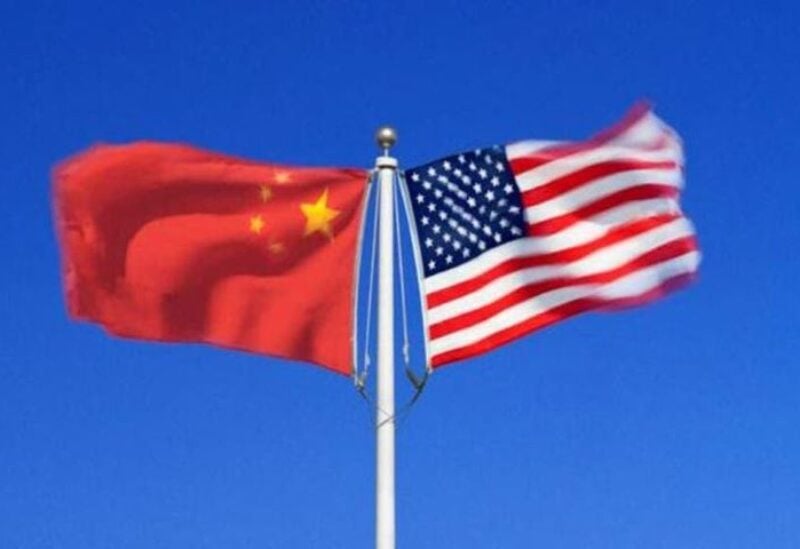
China and US flags
China and the United States have agreed to relax restrictions on each other’s media workers, signaling a slight easing of tensions between the two countries.
According to the official China Daily newspaper, the agreement was reached ahead of Tuesday’s virtual summit between Chinese President Xi Jinping and US President Joe Biden.
According to the agreement, the US will issue Chinese media workers one-year multiple-entry visas and will immediately begin a process to address “duration of status” issues, according to China Daily. China will respond by providing equal treatment to US journalists once the US policies take effect, and both sides will issue media visas for new applicants “in accordance with relevant laws and regulations.”
The State Department told The Associated Press late Tuesday that China had agreed to issue visas to a group of US journalists “provided they are eligible under all applicable laws and regulations.”
“We will also continue to issue visas to (Chinese) journalists who are otherwise eligible under US law,” according to the statement.
China has also agreed to extend the validity period of US media visas from 90 days to one year.
“In exchange, we are committing to extend the validity of US visas issued to PRC journalists to one year,” the State Department said, referring to the People’s Republic of China.
Press conditions in Hong Kong, a semi-autonomous Chinese territory, were not mentioned in either statement, despite the fact that both local and international media have come under increasing pressure. The Economist reported last week that Hong Kong refused to renew the visa of its correspondent Sue-Lin Wong. The rejection has not been explained by the authorities.
For more than a year, restrictions on media workers have fueled tensions between the two countries, after the US cut 20 visas issued to Chinese state media workers and required those who remained to register as foreign agents, among other changes.
China retaliated by expelling journalists working for US outlets and severely restricting working conditions for those who remained in the country.
According to China Daily, the new agreement “was the result of more than a year of difficult negotiations over the treatment of media outlets in both countries.”
“It is hoped that more good news will be forthcoming for the two countries’ media outlets as a result of continued China-US cooperation,” the paper added.
According to the State Department, it has “remained in close consultation with the affected outlets, as well as other outlets facing personnel shortages due to PRC government policy decisions, and we are pleased that their correspondents will be able to return to the PRC to continue their important work.” We welcome this progress, but it is only the first step.”
The State Department also stated that it would continue to work to improve access and working conditions for US and foreign media in China, where they face significant obstacles such as police questioning, harassment that prevents them from doing their jobs, personal threats, and lawsuits brought by people they interview.
“As a reflection of our democratic values, we will continue to advocate for media freedom,” the State Department told the Associated Press.